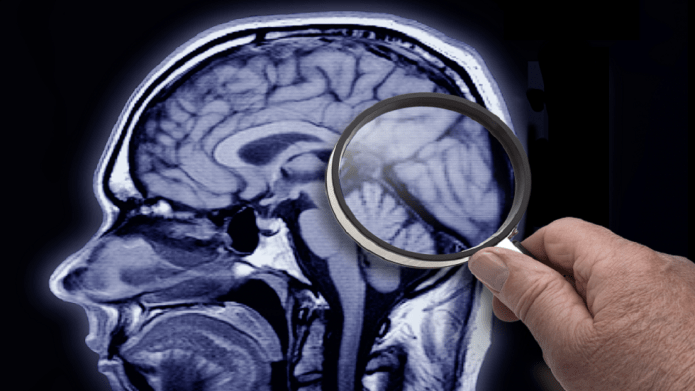As part of a remarkable discovery made by researchers in the U.S., the U.K., and Germany, a paper released in Science Advances identified unusual kinds of copper and iron in the brains of patients with Alzheimer’s disease.
The findings’ implications could mean a potential new understanding of the neurodegenerative disorder and the development of new treatments for Alzheimer’s.
In the study, researchers found harmful types of the biogenic metallic elements copper and iron in the amyloid plaque of Alzheimer’s patients.
The metallic element was established after collecting brain tissue from two patients, followed by the use of X-ray imaging to detect the elements within the plaque.
From the findings: “The surfaces of nanodeposits of metallic copper and iron are highly reactive, with distinctly different chemical and magnetic properties from their predominant oxide counterparts.”
“The discovery of metals in their elemental form in the brain raises new questions regarding their generation and their role in neurochemistry, neurobiology, and the etiology of neurodegenerative disease,” the authors stated in their findings.


